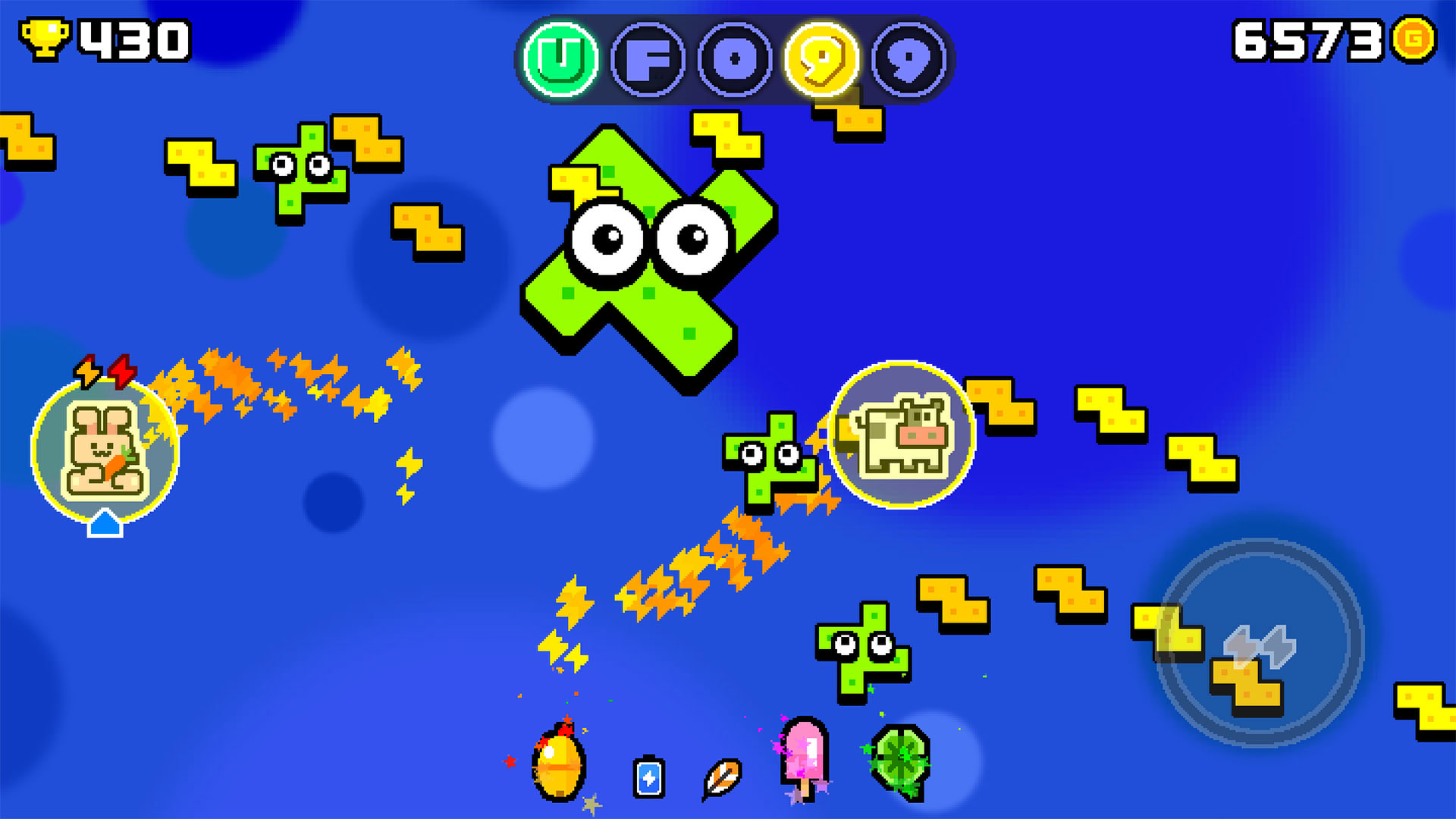Kenya has inaugurated William Ruto as president. The Christian leader has humble roots as a chicken seller.
MARY LOUISE KELLY, HOST:
After a bruising election, Kenya has a new president. NPR’s Eyder Peralta reports on what the transfer of power means for democracy.
EYDER PERALTA, BYLINE: Just days ago, there were fears that President Uhuru Kenyatta wouldn’t even show up at the stadium in Nairobi. But in front of thousands, Kenyatta handed a ceremonial sword to President-elect William Samoei Ruto. And just like that, two sworn enemies presided over a cordial, peaceful transfer of power.
(SOUNDBITE OF ARCHIVED RECORDING)
PRESIDENT WILLIAM SAMOEI RUTO: William Samoei Ruto.
PERALTA: This was a contentious election in Kenya. The country’s longtime opposition alleged vast rigging, and both sides accused each other of bribing public officials. But this was also one of the most transparent elections. The electoral commission published raw results, and when the Supreme Court reviewed the electoral conduct, they found that the election was pretty much free, fair and credible. When they issued their judgment, the opposition leader reluctantly accepted. In his inaugural address, the newly minted President Ruto was conciliatory.
(SOUNDBITE OF ARCHIVED RECORDING)
RUTO: I will work with all Kenyans irrespective of who they voted for.
PERALTA: In the past, elections in Kenya have erupted into violence. Now, elections seem routine, even boring. Analysts say it’s a good thing. It’s a sign that democracy has taken root in a region where authoritarianism reigns.
Eyder Peralta, NPR News.
Copyright © 2022 NPR. All rights reserved. Visit our website terms of use and permissions pages at www.npr.org for further information.
NPR transcripts are created on a rush deadline by an NPR contractor. This text may not be in its final form and may be updated or revised in the future. Accuracy and availability may vary. The authoritative record of NPR’s programming is the audio record.




















Discussion about this post